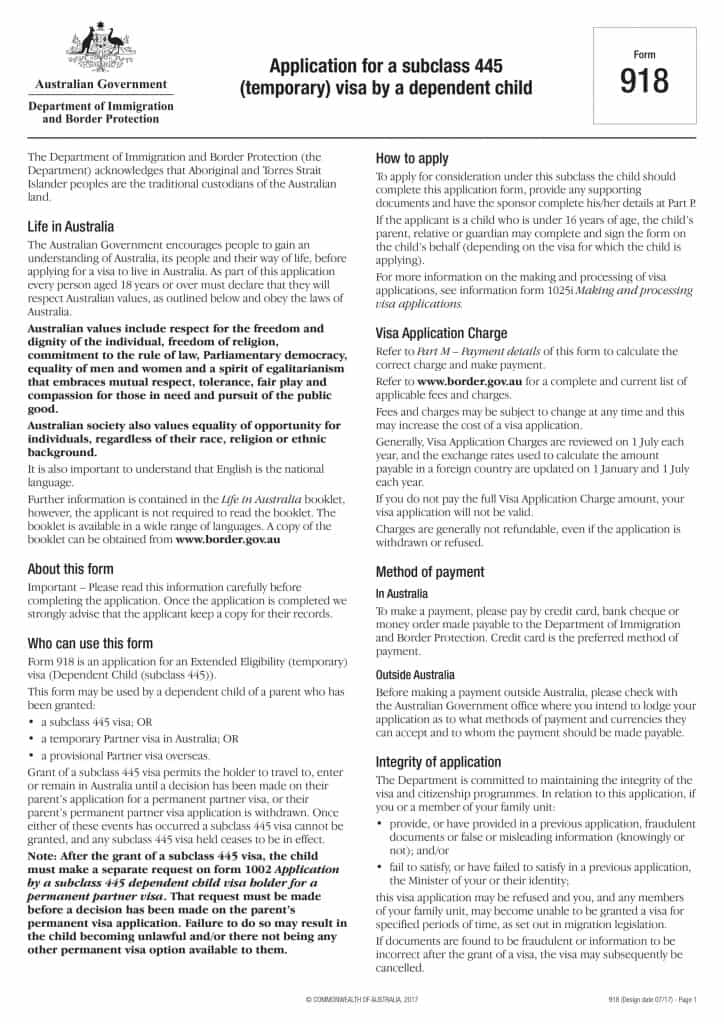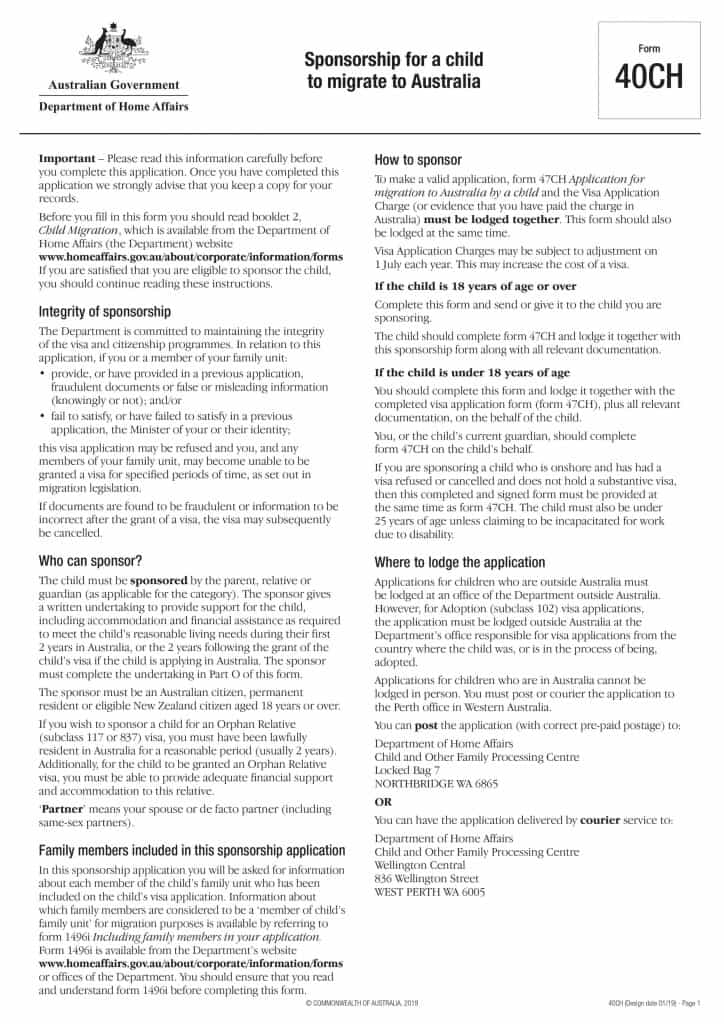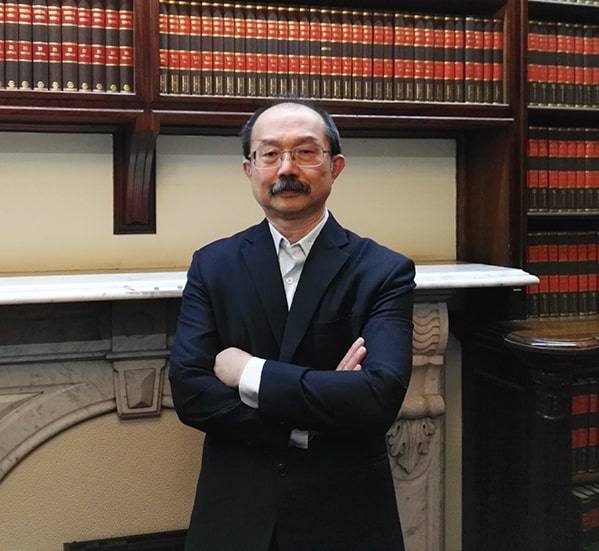
Child visa subclass 445 or Dependent Child (Class TK) (Subclass 445) visa: when & how to apply
Child visa (Subclass 445) allows you to add your under 18 children after you have applied for, and was granted, your Partner visa (click here to learn more about Subclass 309 visa and Subclass 820 visa).
You and your spouse or de facto partner must not have been charged or convicted of a registrable offence (click here to learn more about reg. 1.20KB sponsorship limitation).
You can only sponsor your dependent children before the Department of Immigration (Department of Home Affairs) granted you a permanent partner visa (click here to learn more about Subclass 100 visa and Subclass 801 visa).

Paper application only
To sponsor you dependent child for a Child visa (Subclass 445), you must lodge a paper application. This visa cannot be lodge online or through ImmiAccount.
If your child is already in Australia, you will have to mail the paper application forms to Locked Bag 7, Northbridge WA 6865 (click here for more information), the Department of Immigration will grant a bridging visa if you have lodged a valid application. If your child is not in Australia, you will have to lodge the application with the Australia High Commission or Embassy in the country where your child is residing, but your child will not be granted a bridging visa to allow him or her to come to Australia while the visa application is being processed. If your child is Australia when you lodged the visa application, he or she must also be in Australia when the visa is granted.
Your child’s biological partner, if not deceased, must also agree to let your child live with you in Australia.
If you have already been granted a permanent partner visa, you cannot sponsor your child for a Child visa (Subclass 445).

Who can sponsor?
Your partner must agree to sponsor your child and the Department of Immigration must approve the sponsorship application. The sponsorship application may be refused if you and/or your partner has an unresolved charge, or a conviction, for a registerable offence.

Relationship breakdown
After you have lodged the visa application for your child or if your child has been granted a Child visa (Subclass 445) and your relationship with your partner ceased, your child and you may not be able to apply for the permanent partner visa except for a very limited situations, for example, family or domestic violence or you have shared parental responsibility or custody of a child from your relationship with your partner.

When does a Child visa cease?
A Child visa (Subclass 445) is an event-based visa, the visa period is linked to an event and not a specific date. Your Child visa will cease only after you have been notified of the grant or refusal or your permanent partner visa application.
Usually when your child applied for the Child visa (Subclass 445), he or she will be required to lodge an application for a combined permanent partner visa with you. If you have already lodged an application for your permanent partner visa, your child cannot be added to the same application. In addition, your child’s Child visa (Subclass 445) will ceased unless there is a jurisdictional error in granting you the permanent partner visa. It is not possible to undo the grant of the permanent partner visa so that your child can be added to the application. Once your permanent partner visa has been granted, it is not possible to add your child. However, you may still sponsor your child under another visa subclass.
Australian migration law is complex and difficult to understand, contact our immigration lawyer to help you decide if your child can apply for this visa (click here to find out how an immigration lawyer or registered migration agent can help you). You may also refer to our FAQs for answers regarding visa application or visa cancellation by clicking here.


041 222 4020 or WeChat: AUDvisa
This article is not intended to be or taken as migration legal advice. The author of this article disclaims any liability for any action or omission on the information provided or not provided in this article. You should always consult an immigration lawyer or a registered migration agent to form an informed opinion on your immigration matter.



